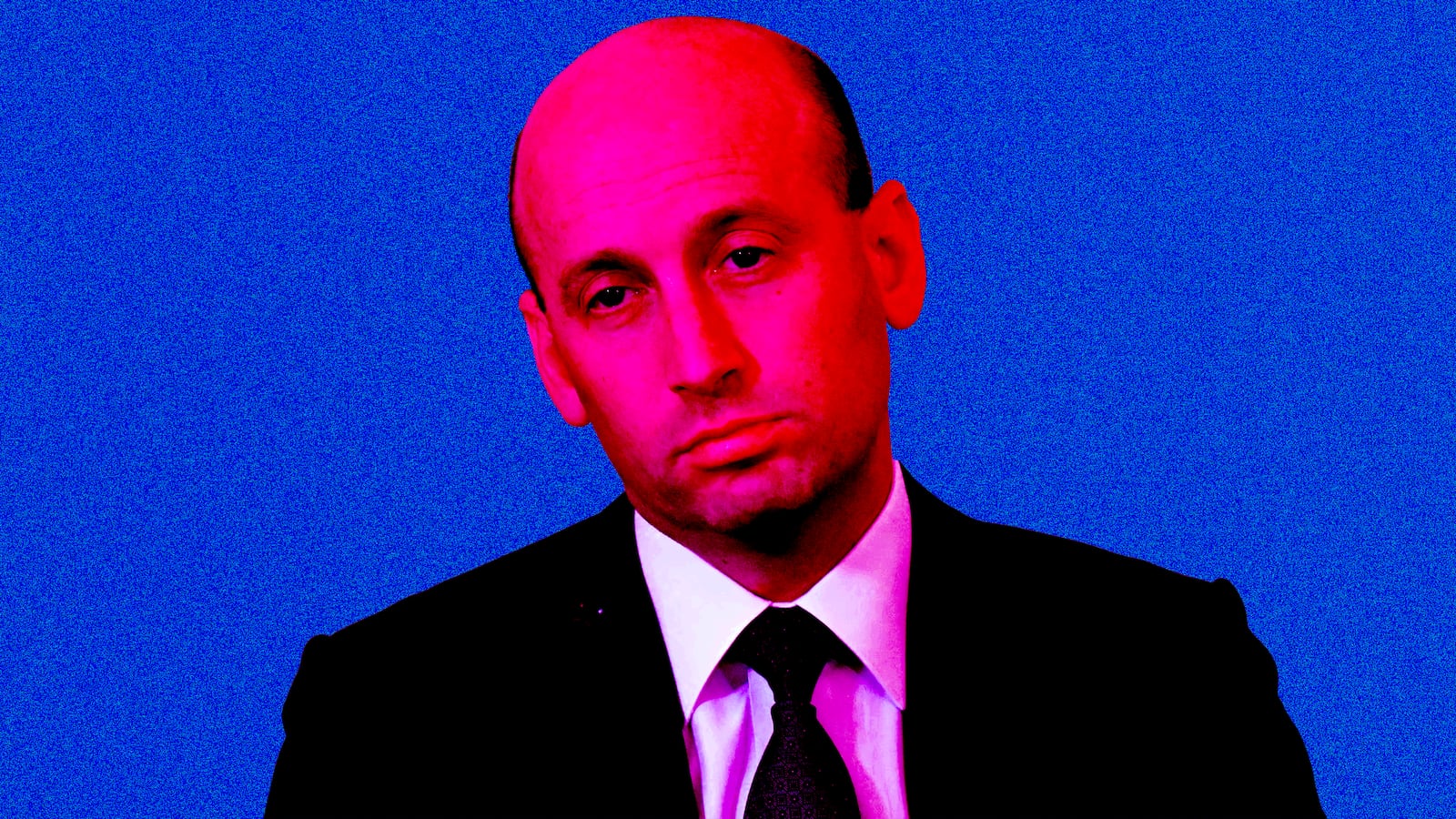Nilay Patel speaks with the TSA’s chief innovation officer, Dan McCoy, about airport surveillance, security lines, and what we surrender when we sign up for PreCheck. . .We do not have to surveil you, we just have to know that you in this moment do not pose a threat.”
. . .FinTech is a really data-secure ecosystem where you give up a lot of data. If there is a change there, maybe it can apply to what we are doing. Our hope from the innovation team is that those people exist, are educated on what we want them to do, and are empowered to do it. We hope that those new approaches that are beneficial to the whole agency and traveling public will take place where they should, in that business unit.
I know Clear has a database of faces; I don’t love it, but again, I am impatient. At least they are a private company. If they do something wrong, people can sue them. It feels like there is that check where if Clear blows it, they can lose their contract and that is existential for them. TSA doesn’t get to lose its contract. If you give the government the database of faces and they screw up, it feels like the remedies are less existential.
Intro to the interview: A lot of government innovation groups have been really focused right now on emerging venture capital and emerging technology, and how to integrate them. I would best describe my role as chief facilitation officer for innovation.
How the TSA created two classes of travelers
How the TSA created two classes of travelers
I’m old enough to remember what it was like to fly before 9/11 — there were no TSA lines, there was no PreCheck, and there certainly wasn’t any requirement to take off your shoes. In fact, there wasn’t any TSA at all.
But 9/11 radically changed the way we move through an airport. The formation of the new Department of Homeland Security and the new Transportation Security Administration led to much more rigorous and invasive security measures for travelers trying to catch their flight.
This year is the 20th anniversary of the Department of Homeland Security and the TSA, and I think it’s safe to say that nobody enjoys waiting in the airport security line. And in the post-9/11 world, things like PreCheck are the great innovation of the department.
At least according to Dan McCoy, who is the TSA’s chief innovation officer, who told me that PreCheck is “a hallmark government innovation program.”
But what do programs like PreCheck and the larger surveillance apparatus that theoretically keep us safe mean for the choices we make? What do we give up to get into the shorter security line, and how comfortable should we be about that?
This week, The Verge launches “Homeland,” our special series about the enormous influence of the Department of Homeland Security and how it has dramatically changed our country’s relationship with technology, surveillance, and immigration. So we have a special episode of Decoder with Dan McCoy to see where the TSA fits into that picture. . .



No comments:
Post a Comment